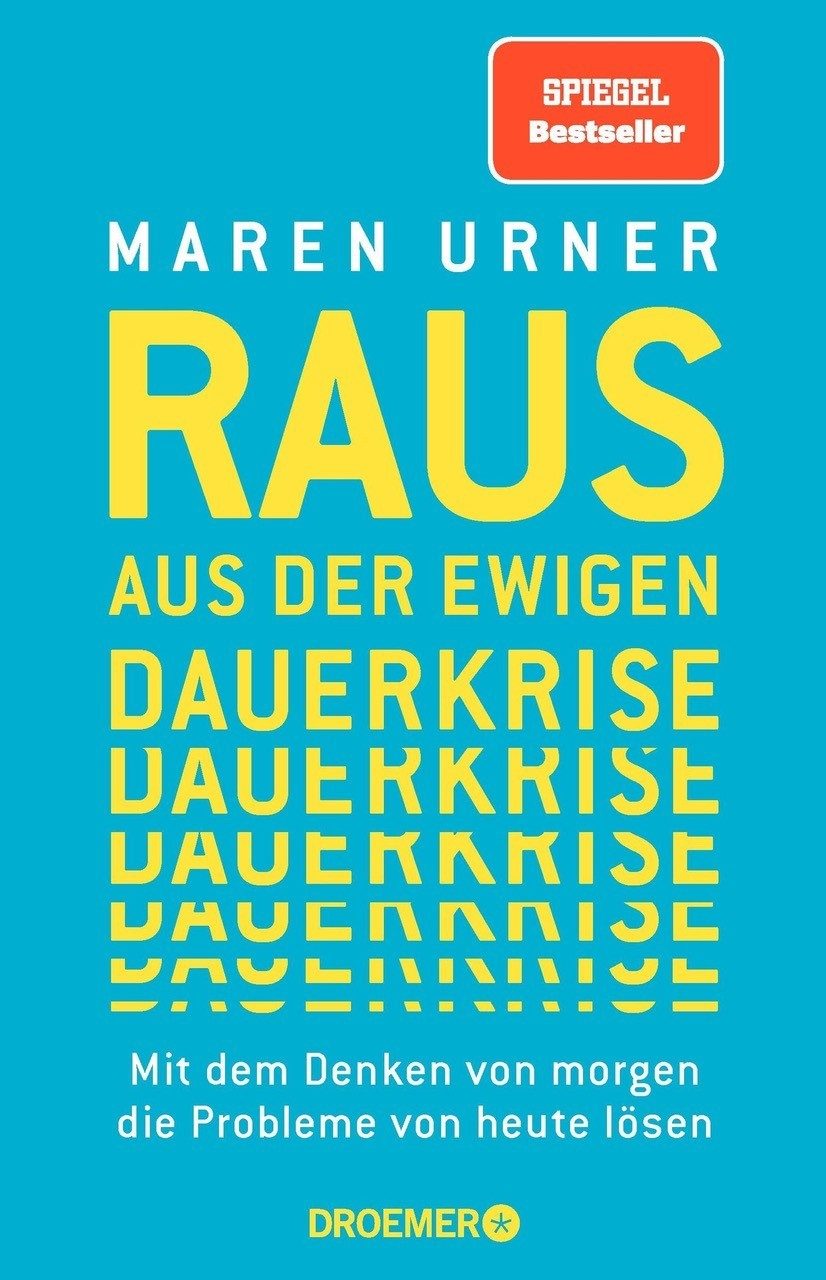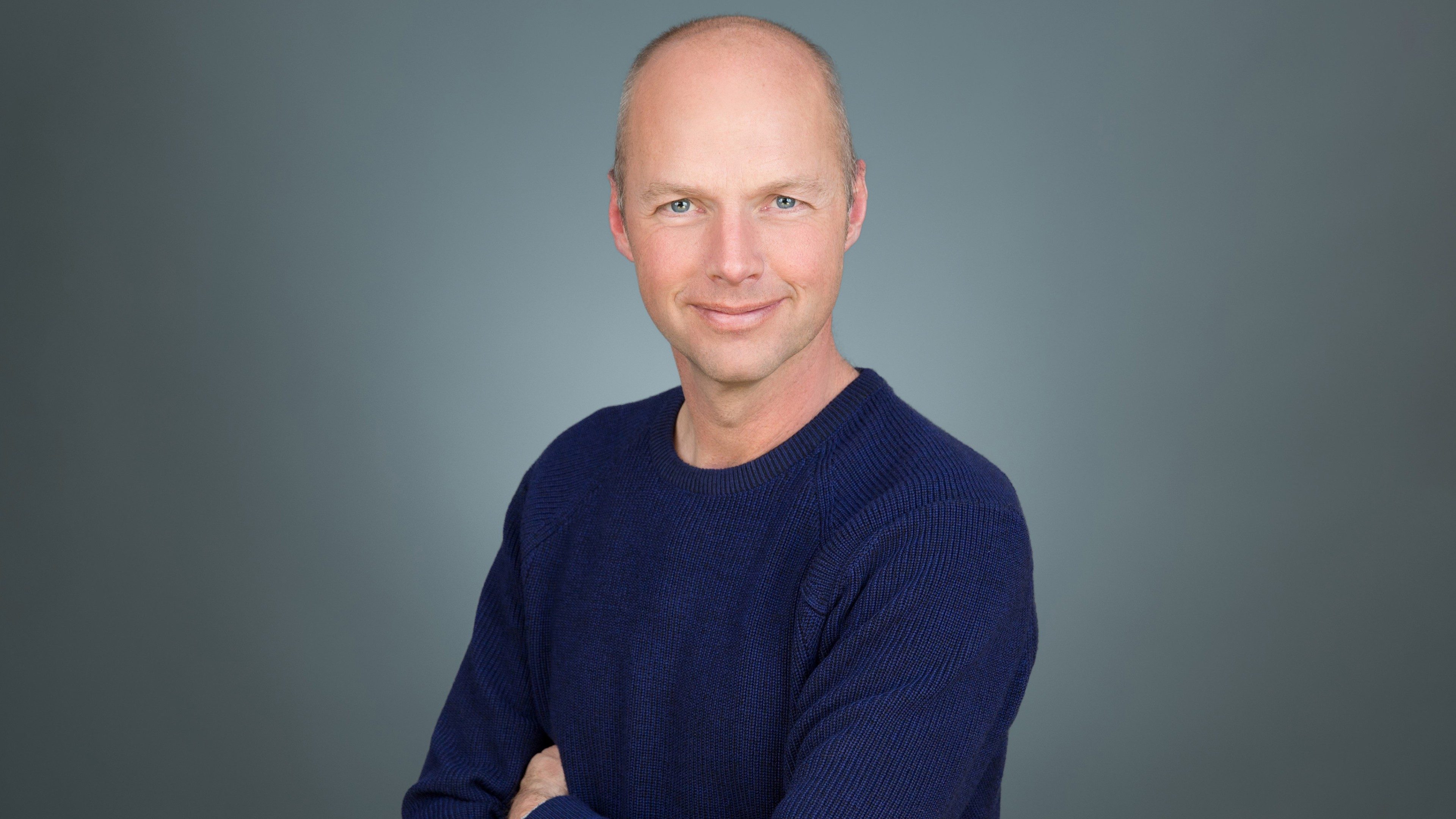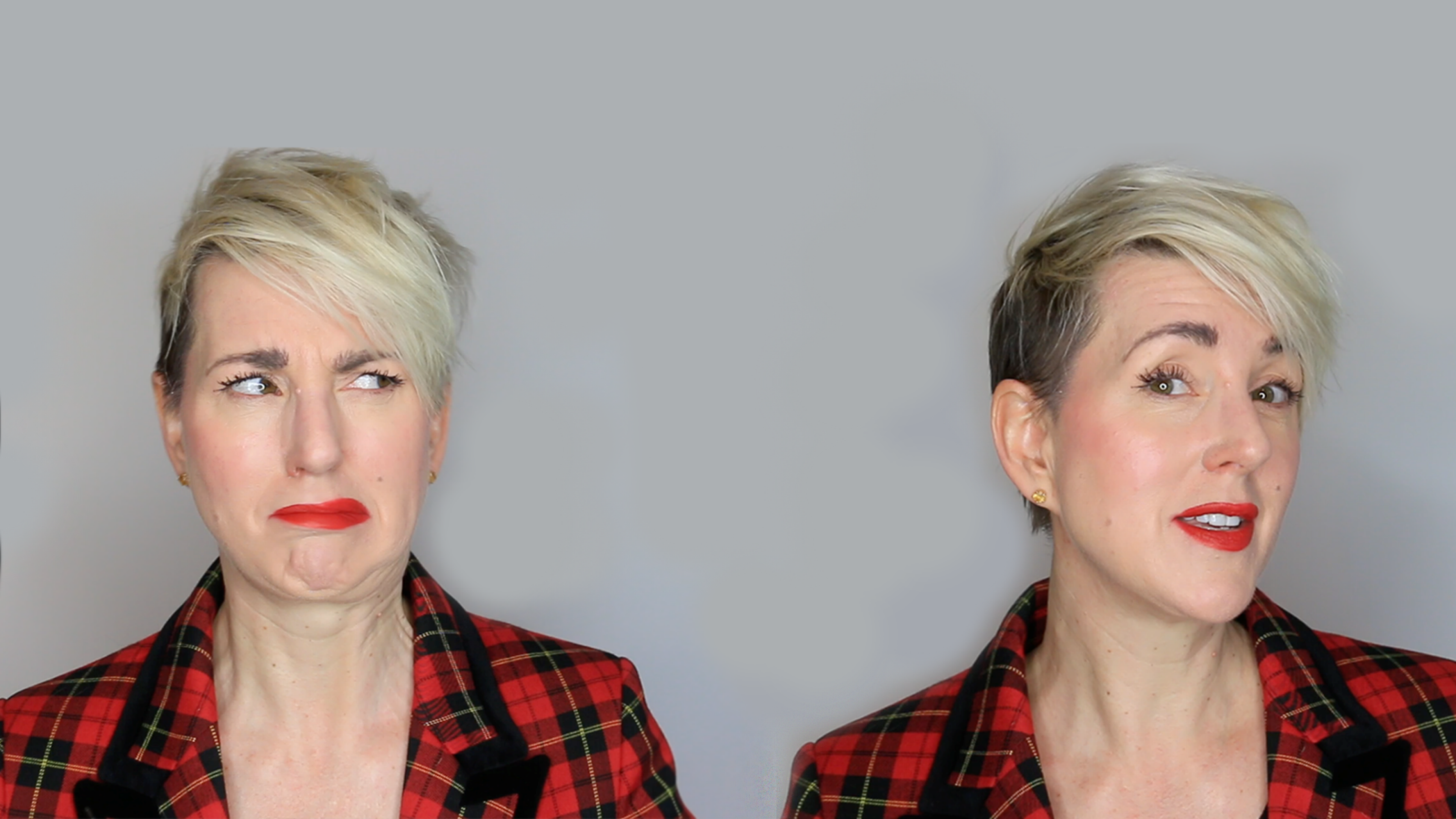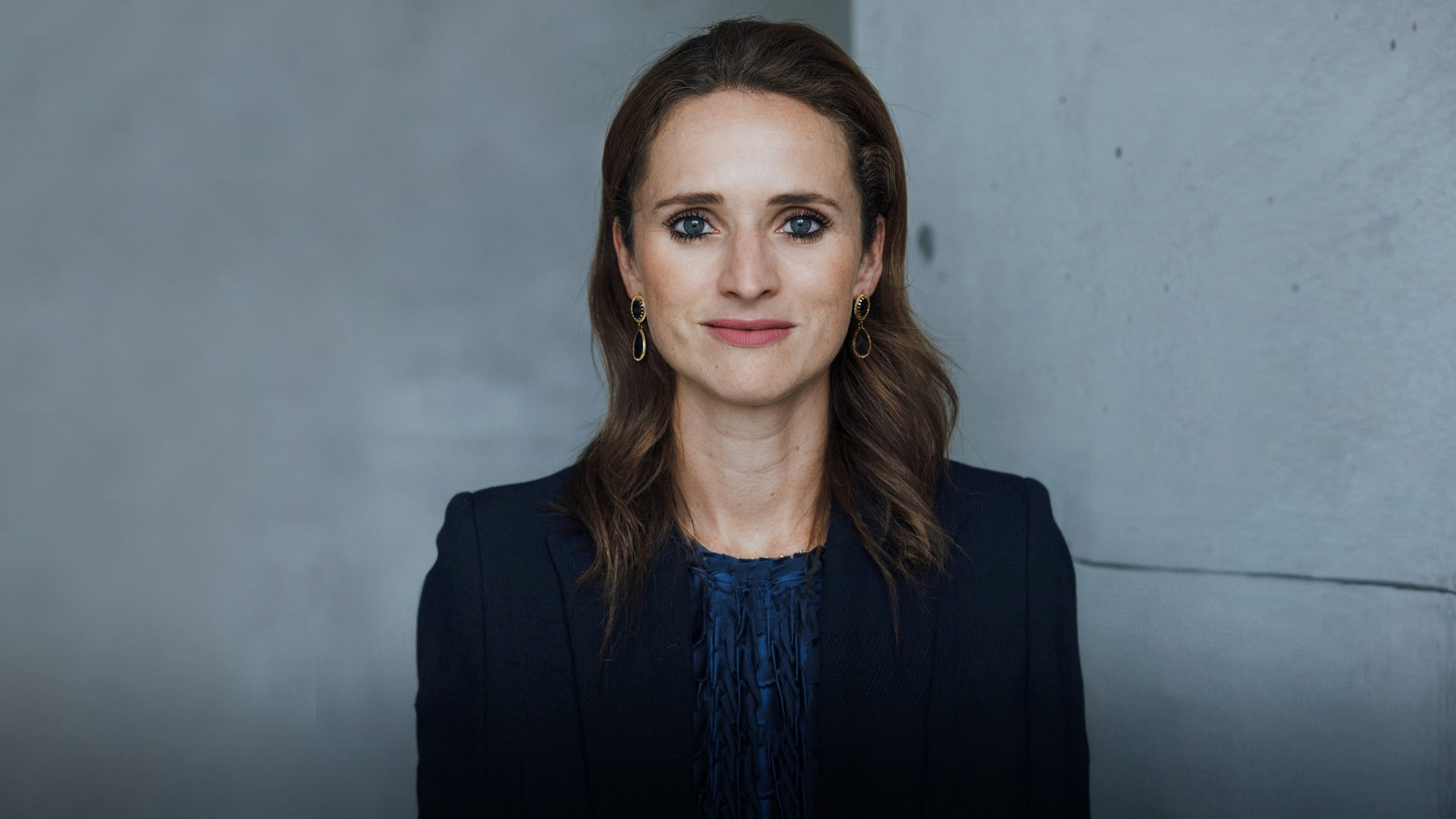Digitalisation threatens us with overload and dependency, says neuroscientist and bestselling author Maren Urner. So what happens then exactly with our brain? And how can we achieve digital self-determination?
We have been surfing the Internet for around 30 years and the “triumphal march of the smartphone” began 20 years ago. What does this development mean for our brain? Does digitalisation really make us dumber, as critics claim?
This scepticism about technology is unjustified. Digitalisation allows us to outsource tasks and therefore have more capacity for other things. Artificial intelligence, for example, helps in the early detection and diagnosis of diseases. And when healthcare professionals need to spend less time on diagnosis, they can use it to develop better therapies or take more care of patients. So there’s no danger of stupidity at all. However, there is a risk that our brain will be overstretched. The right question is therefore: how can we use these tools to increase our skills and satisfaction? How can we use them to act more self-determinedly?
What is the threat of overload?
When I was growing up in the ’90s, there wasn’t any internet, just the TV with a freeze frame at night. Today, we live with the potential bombardment of media content. In addition, there is the ability to scroll endlessly on platforms such as Facebook or Twitter, whose timeline never ends. And the apps on our smartphones are designed by means of pop-up and push messages that announce themselves with a loud “pling!” or vibration to constantly demand our attention, making us virtually junkies.

According to the Digital 2022 Global Overview Report, people around the world spend almost seven hours online a day on average. We spend around 2.5 hours a day on social media alone. Is the smartphone the most seductive legal addiction in history?
That’s perhaps somewhat of an exaggeration. But yes, the smartphone can lead to dependency. We are now familiar with several new digital addictive diseases. Online gaming addiction is already medically diagnosed, while Internet and social media addiction are still being researched. One thing we do know is that As with analogue dependencies – such as shopping addiction or eating addiction – our reward system is activated with digital dependencies too, and the happiness hormone dopamine is released. The thrill of new information, the satisfaction of being up to date, the good feeling that someone is thinking about us – it’s always certain signals of messenger substances in the brain that give us a small “legal high”. I have students who take their smartphones to the bathroom and interrupt their shower when a message comes in.
Does it also matter how and what content we consume?
On the purely processing level, which is relevant for how much we notice and how much we can store in our brain, less remains in a cell phone compared to a computer. This is mainly due to the smaller screen and the greater distraction. In terms of content, negative news on the mobile phone is particularly dangerous and leads to the phenomenon of so-called “doomscrolling” – a word coined from “doom” and “scrolling” i.e. the shifting of the screen.
Why do we tend to engage in “doomscrolling”?
Our brain reacts to negative stimuli faster, better and more intensively than to positive stimuli. From an evolutionary point of view, this also makes sense in order to be able to react appropriately to potential and real dangers and to survive. But especially in times of Covid, war and climate crisis, this leads to excessive or pathological consumption of negative news – always in search of the next alarm message, the next kick, so to speak. Not only does this mean enormous stress, it can also lead to us falling into a state of “learned helplessness”: Because we are constantly shown how bad the world is, at some point we are convinced that there is nothing we can do about it.
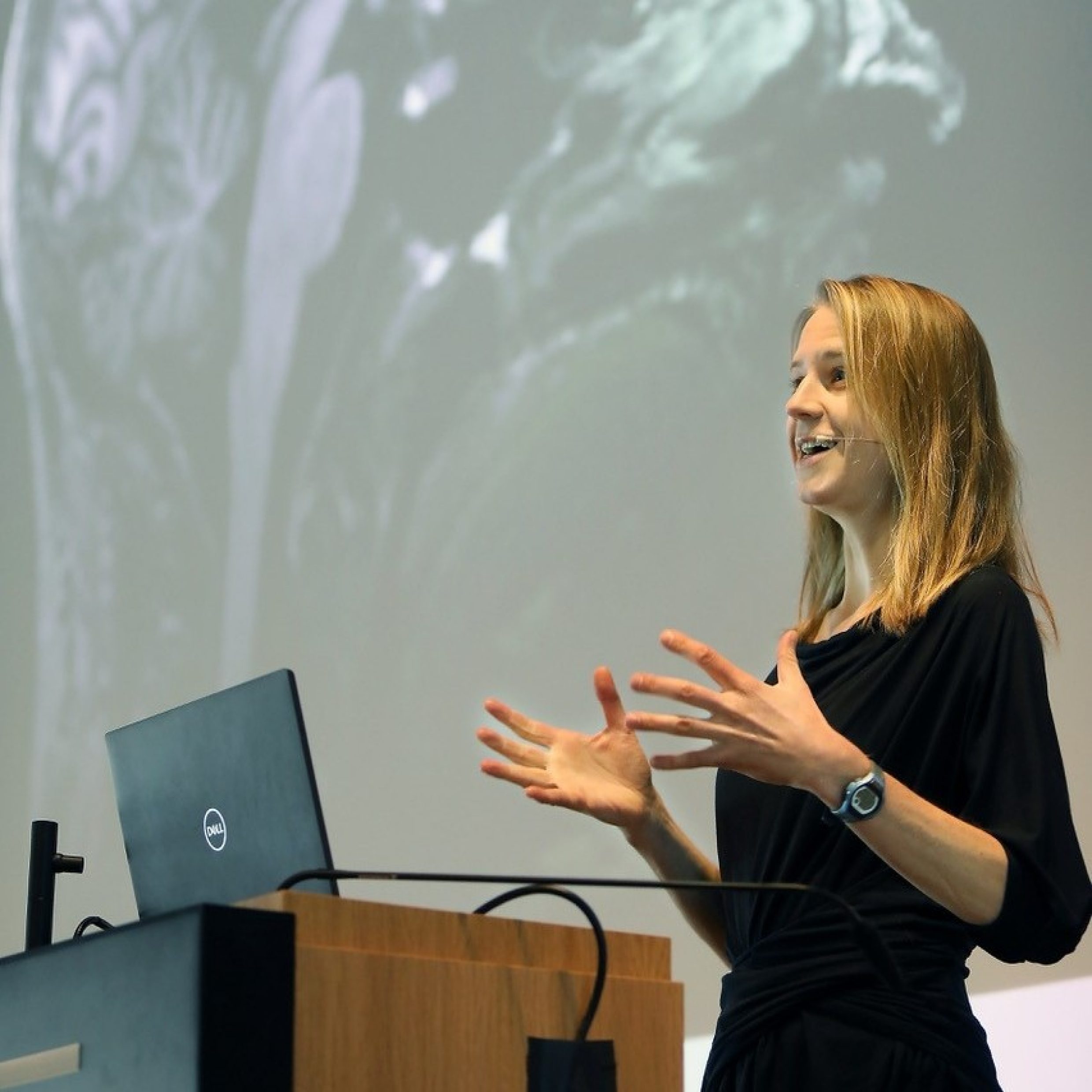
What role does the “Fear of missing out” — or FOMO for short — play?
This is a key factor. We are social beings, we want to be in contact with our fellow human beings and we seek recognition. Social media such as WhatsApp, Instagram or TikTok are designed for this. What’s more, these channels prefer to show an embellished world – spectacular holiday photos, the perfect wasp waist or the perfect sixpack, the latest high-end sneakers. This can lead to frustration and the feeling of not belonging. In response to this, the counter-movement “Joy of missing out” (JOMO), in which people deliberately put away their mobile phones and enjoy missing something, has come to the fore.
So – as with alcohol addicts – are we left with abstinence, avoiding digital consumption in order to escape addiction?
No, I don’t think that’s the solution. If we assume that we want to live in a liberal democracy, we need citizens who are informed. The magic formula is digital self-determination. We need to learn how to protect our brains better. It’s about filtering and sorting out digital content. It’s about knowing what deserves my attention, and where is my brain being manipulated by marketing or technical-psychological tricks.
How do we achieve digital self-determination?
There is no universal formula. Digital self-determination is exhausting and a lifelong process. The aim is: take back control! The first step is to take stock, similar to a change in diet. To analyse how and what you consume, when and for how long. The second step is to ask yourself what’s good for me and what’s not. What do I want to change about my media usage to get more phases of concentration? The third and most difficult step is to establish new habits and maintain a longer regeneration period for the brain.

What habits do you have in mind?
It’s about avoiding permanent distractions by, for example, changing the default settings of your phone, muting ringtones, restricting or turning off messages. By setting fixed times for digital use, as many parents do for their children, we can switch off better in between. Professional e-mails that are forwarded to your mobile phone require information in the signature of office hours during which we can be reached. All these measures have the same objective: by setting limits, we take control of our behaviour and act in a self-determined manner instead of being controlled by others.
Thanks to artificial intelligence, media offerings and advertising are becoming more and more individualised and thus even more seductive. Can digital self-determination be achieved by your own efforts?
No. Digital self-determination is not just a task for the individual. With digitalisation we as a society have created an environment in which we have all become guinea pigs. We don’t yet know the long-term consequences for our brains and our coexistence. It’s high time for a social, political and legal debate on digitalisation. The question is: what can and should digital content providers do and what responsibility do they have? One idea would be to disclose algorithms – similar to the way food manufacturers have to list the ingredients on packaging. There’s already a lot happening in the US. The EU has also recently agreed on the Digital Services Act and the Digital Markets Act, two new laws designed to provide better protection for online consumers.
Are you confident that the smartphone will bring more benefits than harm to mankind in the long term?
I’m convinced of it. But as a society we need to be more honest, more open and also more self-critical in this discourse. I can already see a positive development in this regard. We talk more about how using digital devices is good for us and we ask more questions about who benefits from constant accessibility.

Maren Urner
Maren Urner (38), is an author and professor of media psychology at the HMKW University of Media, Communication and Economics in Cologne. She holds a doctorate in neuroscience and in 2016 co-founded Perspective Daily, the first ad-free online magazine for constructive journalism. Her books “Schluss mit dem täglichen Weltuntergang” (Enough of the daily apocalypse) (2019) und “Raus aus der ewigen Dauerkrise” (The way out of the endless permanent crisis) (2021) were published by Droemer Verlag and both made it onto the SPIEGEL bestseller list.
